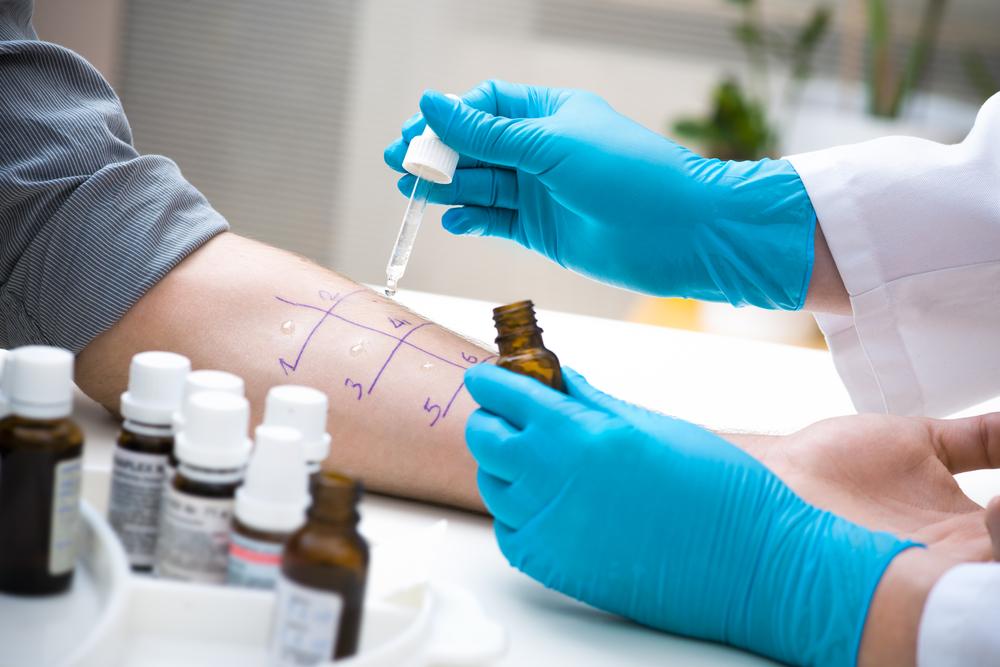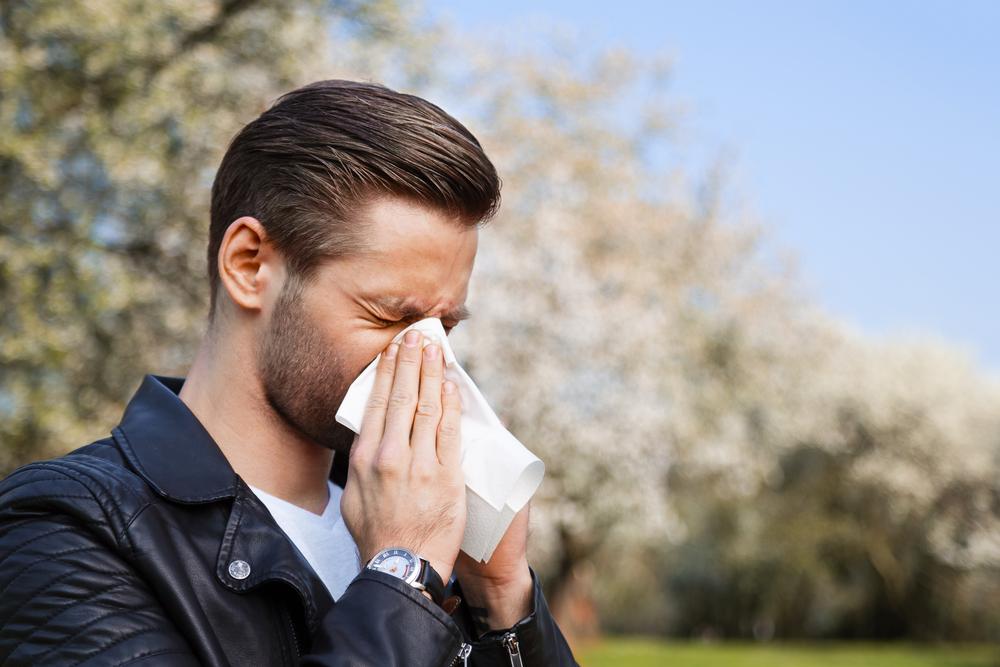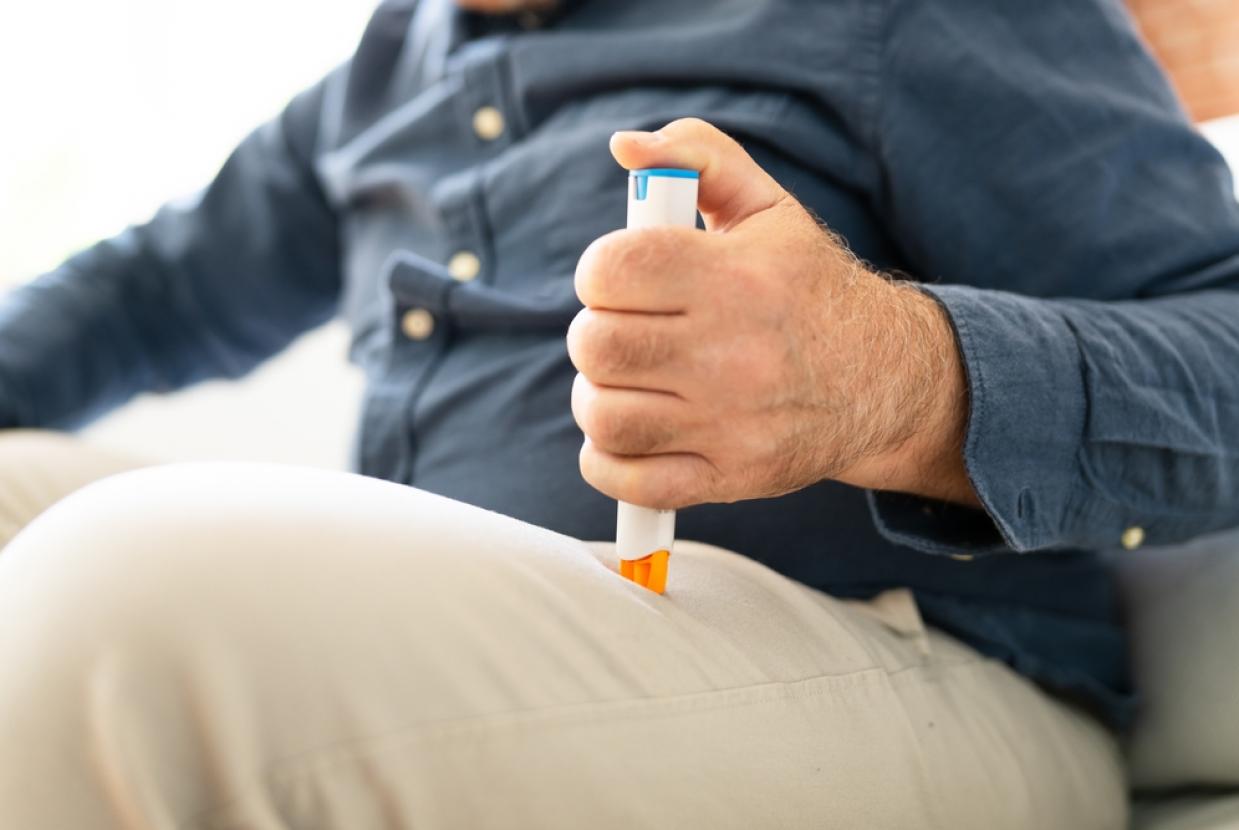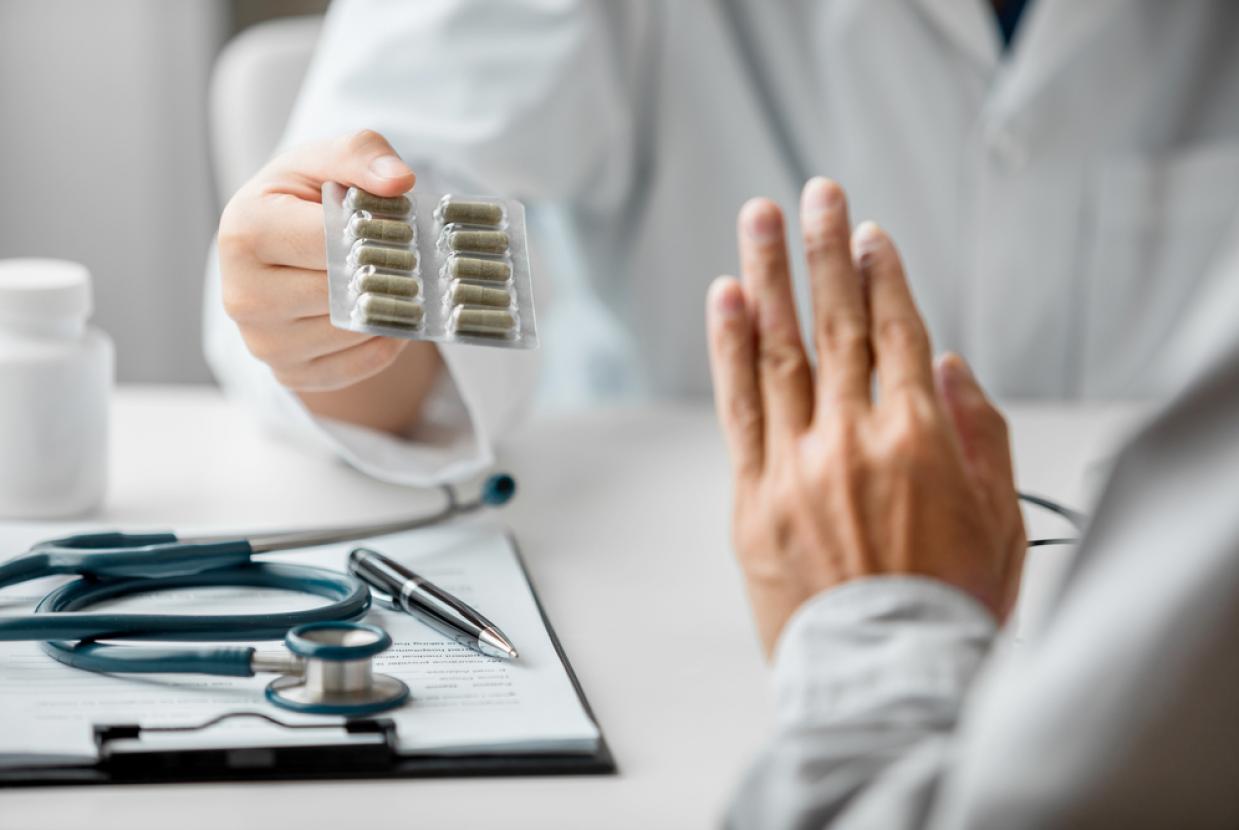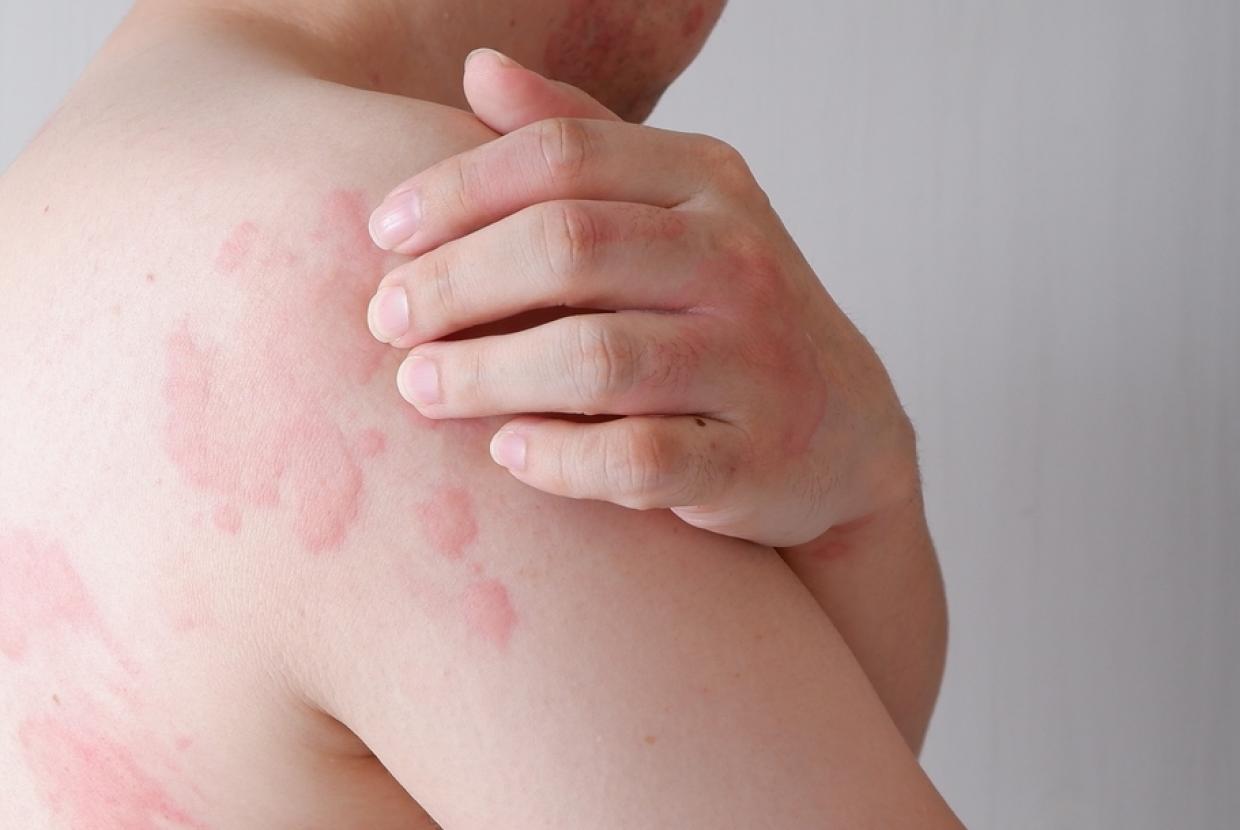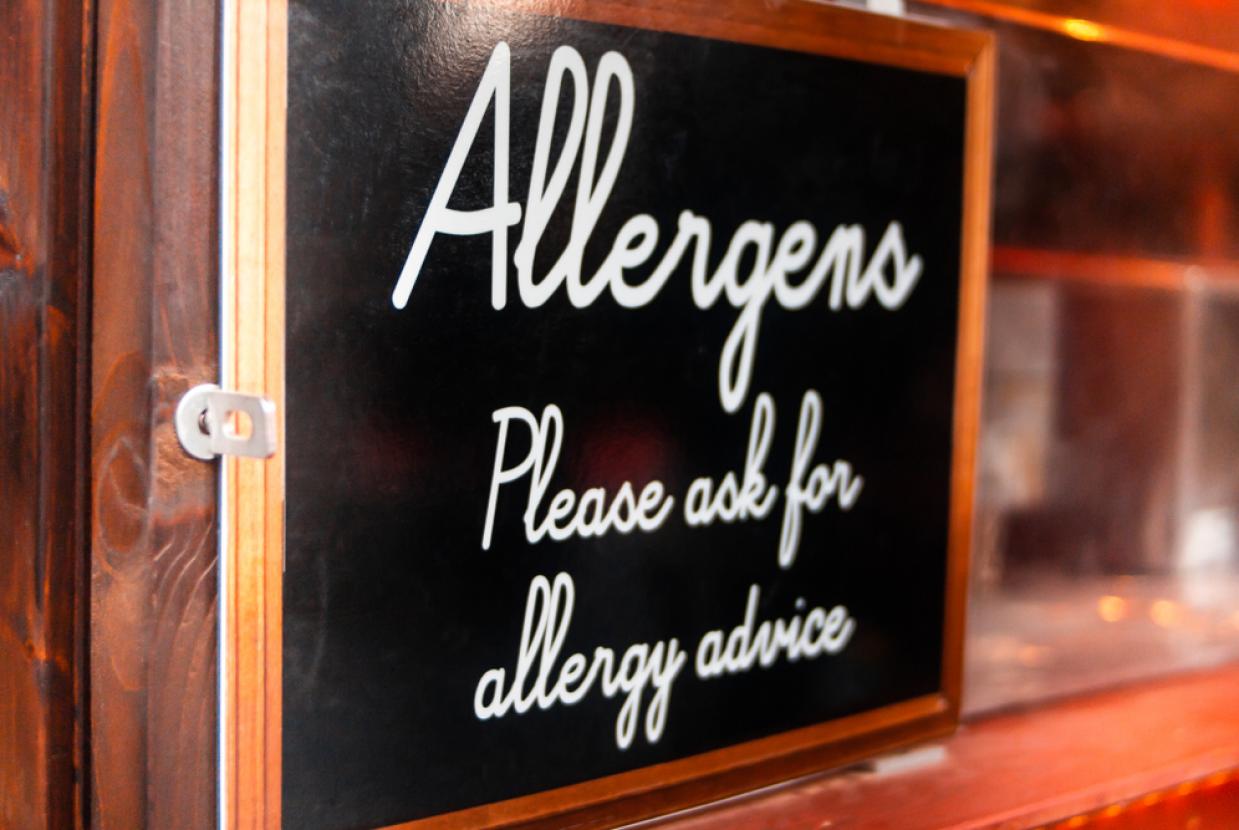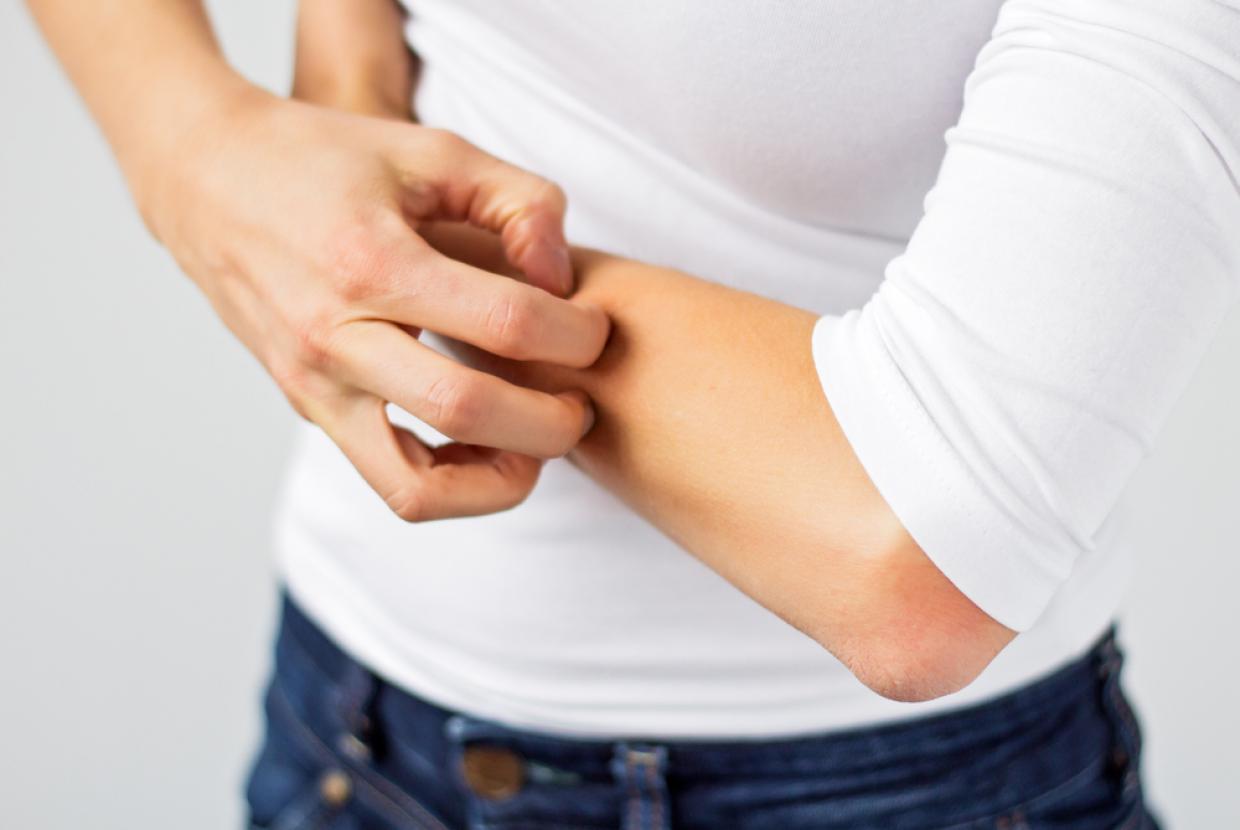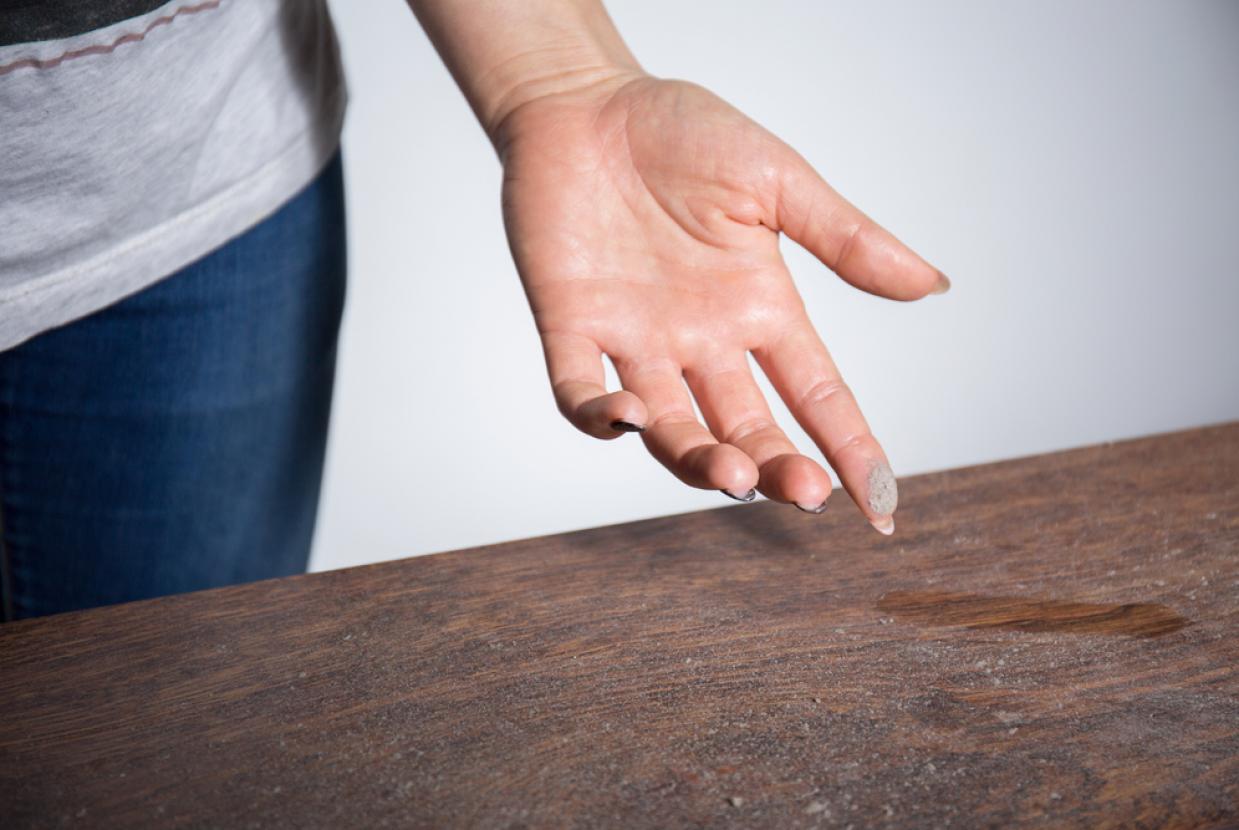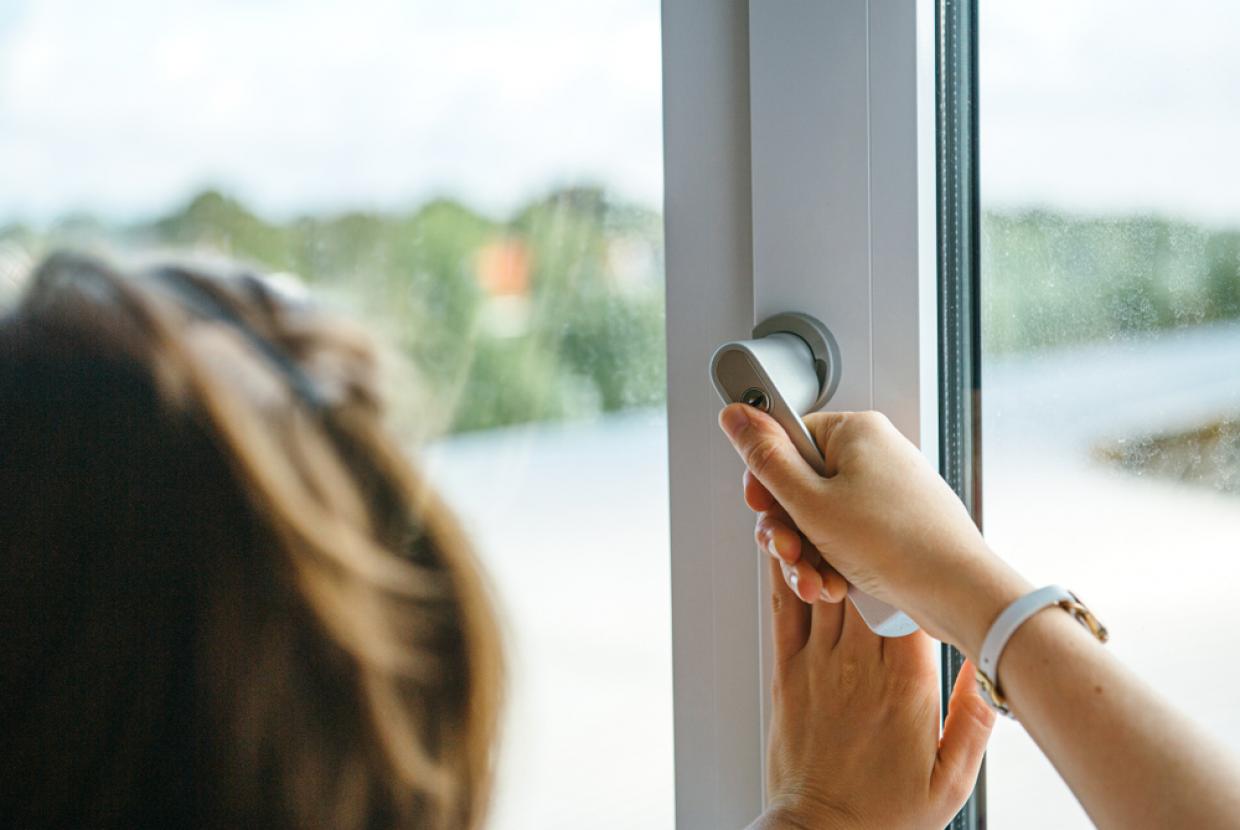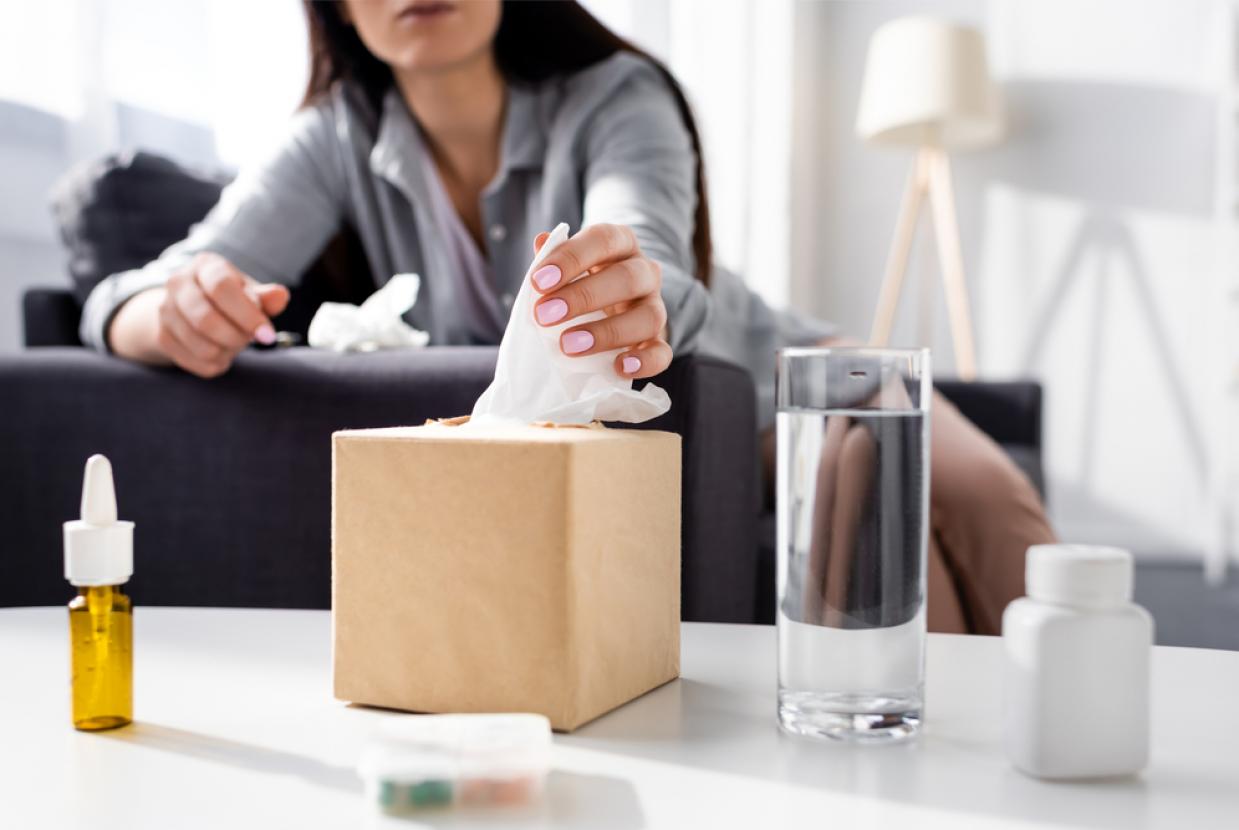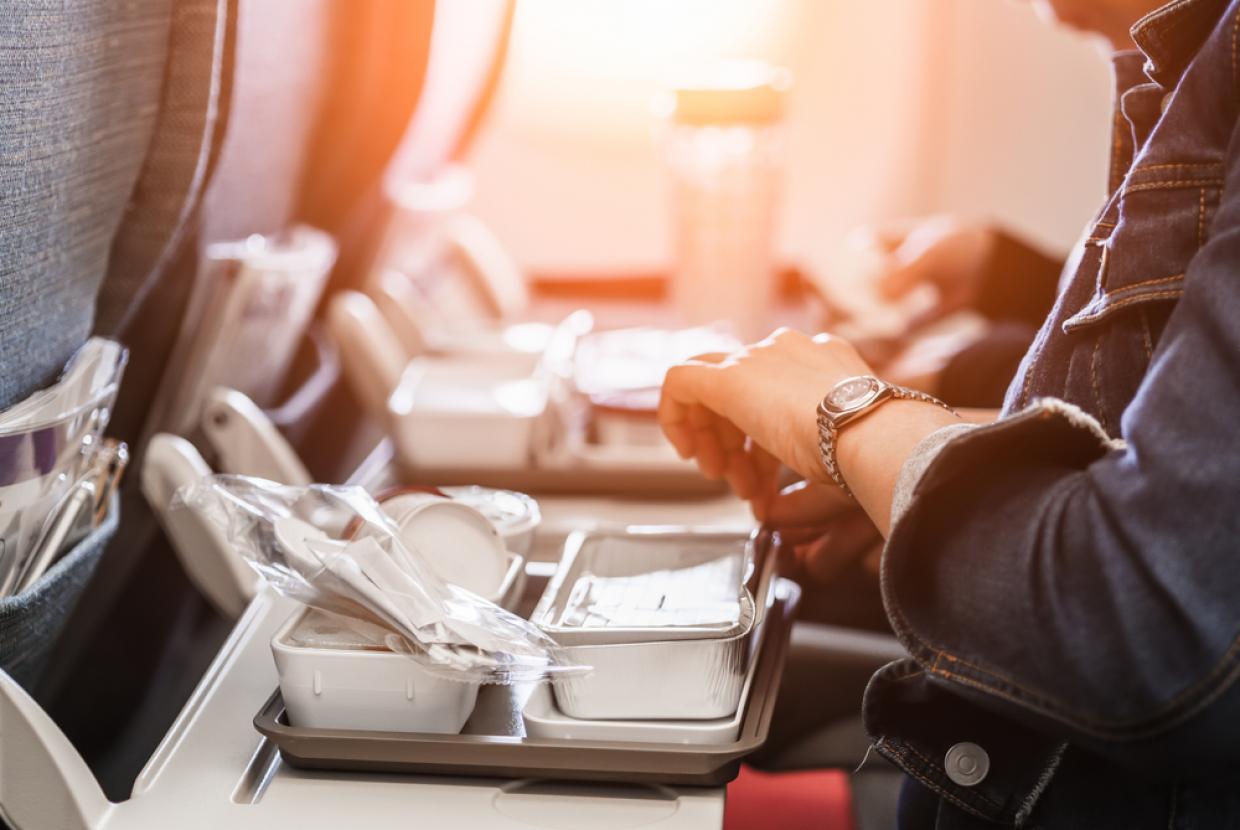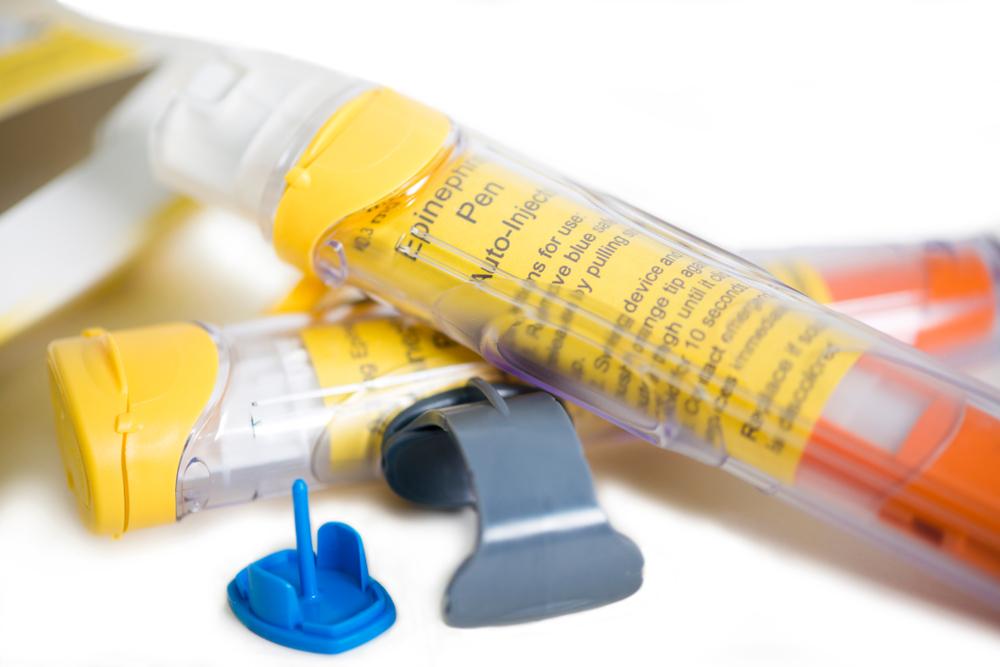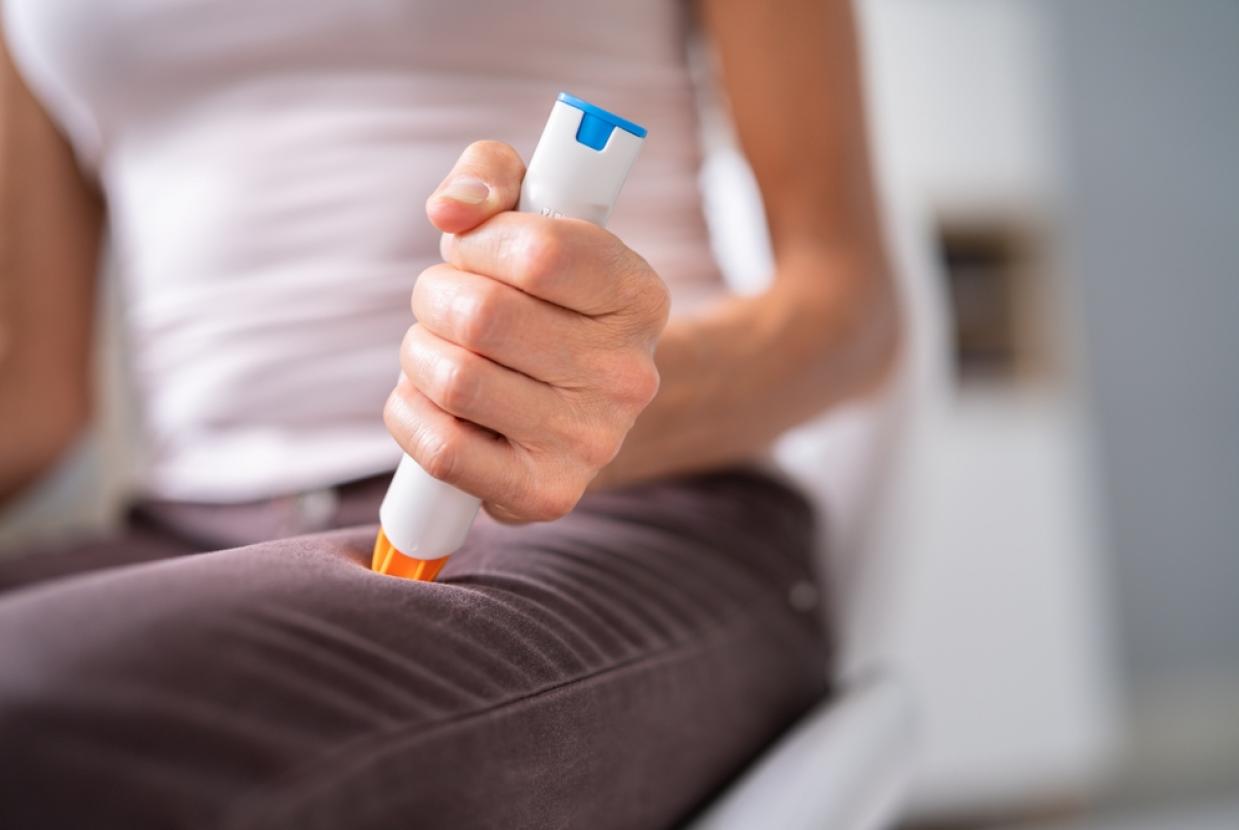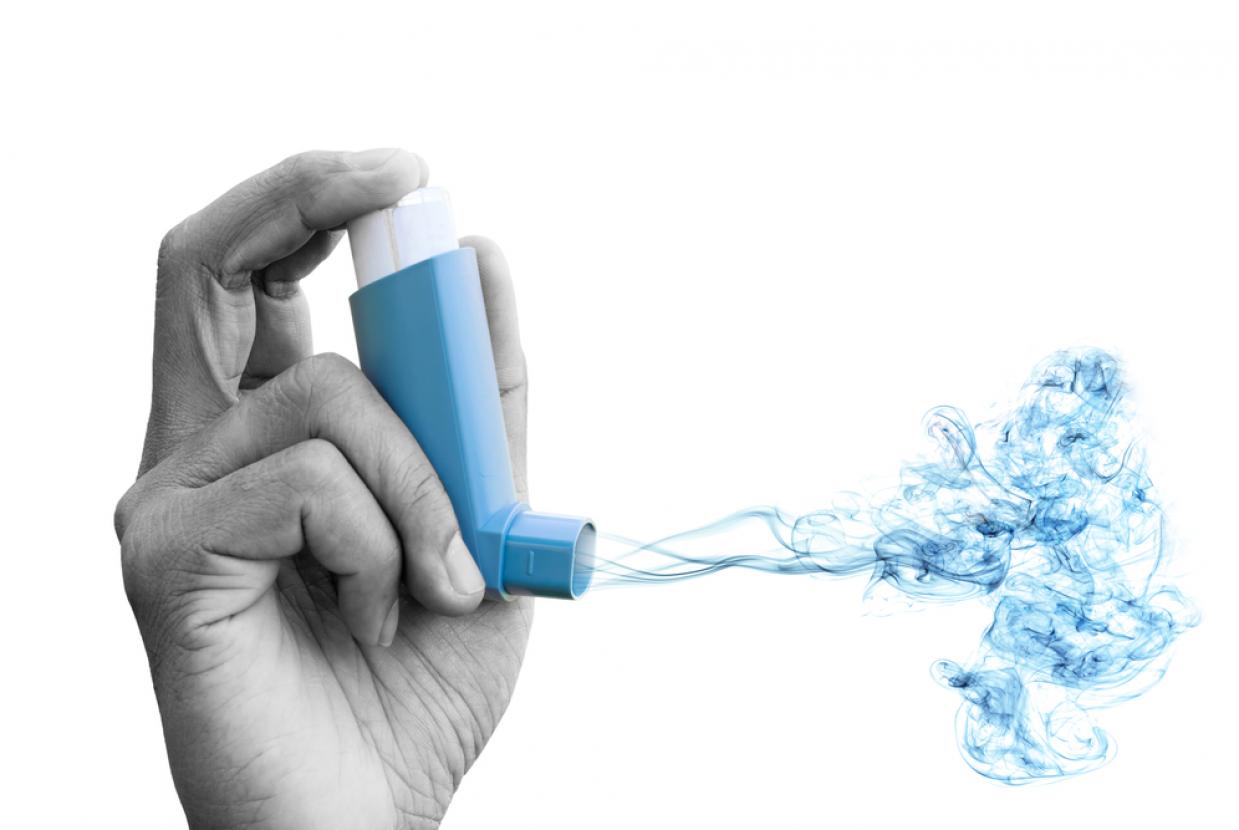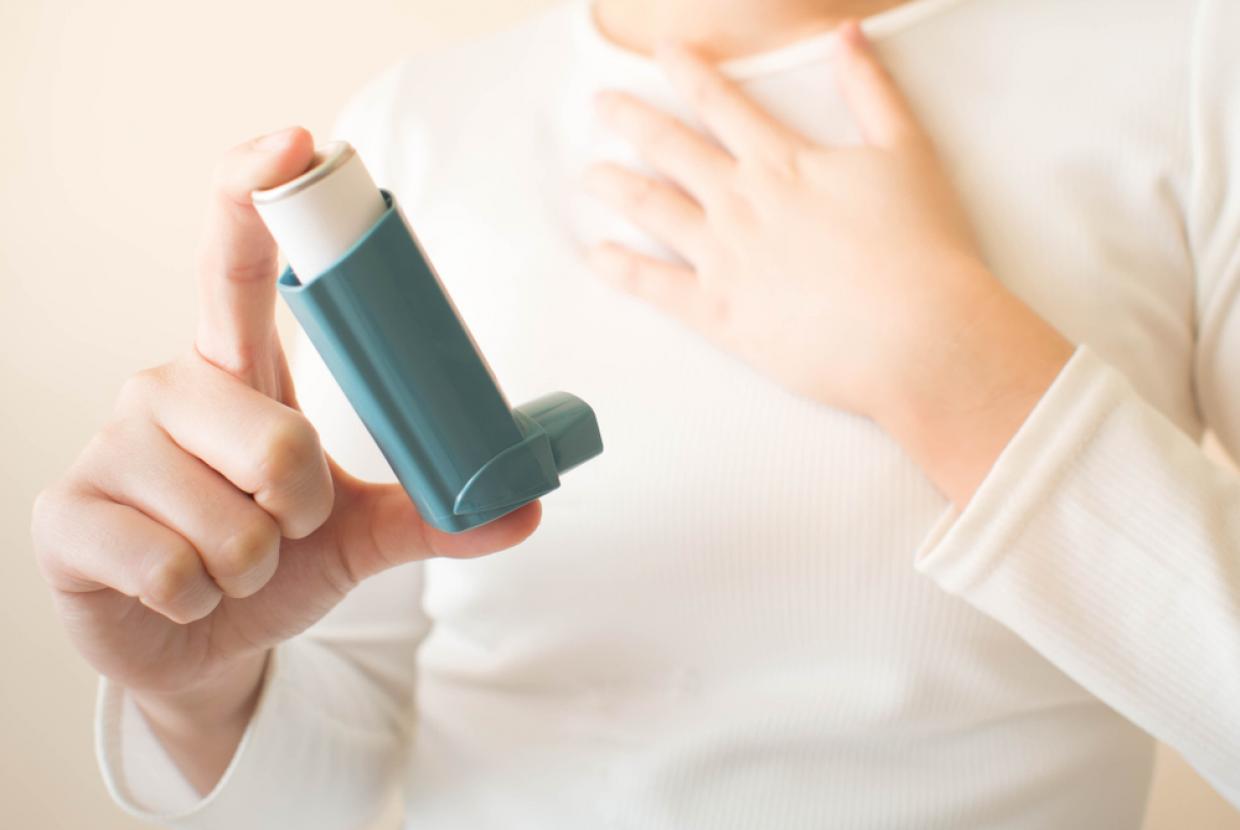Diagnosis
If you think you have an allergy, tell your GP about the symptoms you're having, when they happen, how often they occur and if anything seems to trigger them. Your GP can offer advice and treatment for mild allergies with a clear cause.
If your allergy is more severe or it's not obvious what you're allergic to, you may be referred for allergy testing at a specialist allergy clinic. The tests that may be carried out are described on this page.
Skin prick testing
Skin prick testing is one of the most common allergy tests. It involves putting a drop of liquid onto your forearm that contains a substance you may be allergic to. The skin under the drop is then gently pricked.
If you're allergic to the substance, an itchy, red bump will appear within 15 minutes. Most people find skin prick testing not particularly painless, but it can be a little uncomfortable. It's also very safe. Make sure you don't take antihistamines before the test, as they can interfere with the results.
Blood tests
Blood tests may be used instead of, or alongside, skin prick tests to help diagnose common allergies. A sample of your blood is removed and analysed for specific antibodies produced by your immune system in response to an allergen.
Patch tests
Patch tests are used to investigate a type of eczema known as contact dermatitis, which can be caused by your skin being exposed to an allergen. A small amount of the suspected allergen is added to special metal discs, which are then taped to your skin for 48 hours and monitored for a reaction.
Elimination diet
If you have a suspected food allergy, you may be advised to avoid eating a particular food to see if your symptoms improve. After a few weeks, you may then be asked to eat the food again to check if you have another reaction. Don't attempt to do this yourself without discussing it with a qualified healthcare professional.
Challenge testing
In a few cases, a test called a food challenge may also be used to diagnose a food allergy. During the test, you're given the food you think you're allergic to in gradually increasing amounts to see how you react under close supervision.
This test is riskier than other forms of testing, as it could cause a severe reaction, but is the most accurate way to diagnose food allergies. And challenge testing is always carried out in a clinic where a severe reaction can be treated if it does develop.
Allergy testing kits
The use of commercial allergy-testing kits isn't recommended. These tests are often of a lower standard than those provided by the NHS or accredited private clinics, and are generally considered to be unreliable.
Allergy tests should be interpreted by a qualified professional who has detailed knowledge of your symptoms and medical history.


